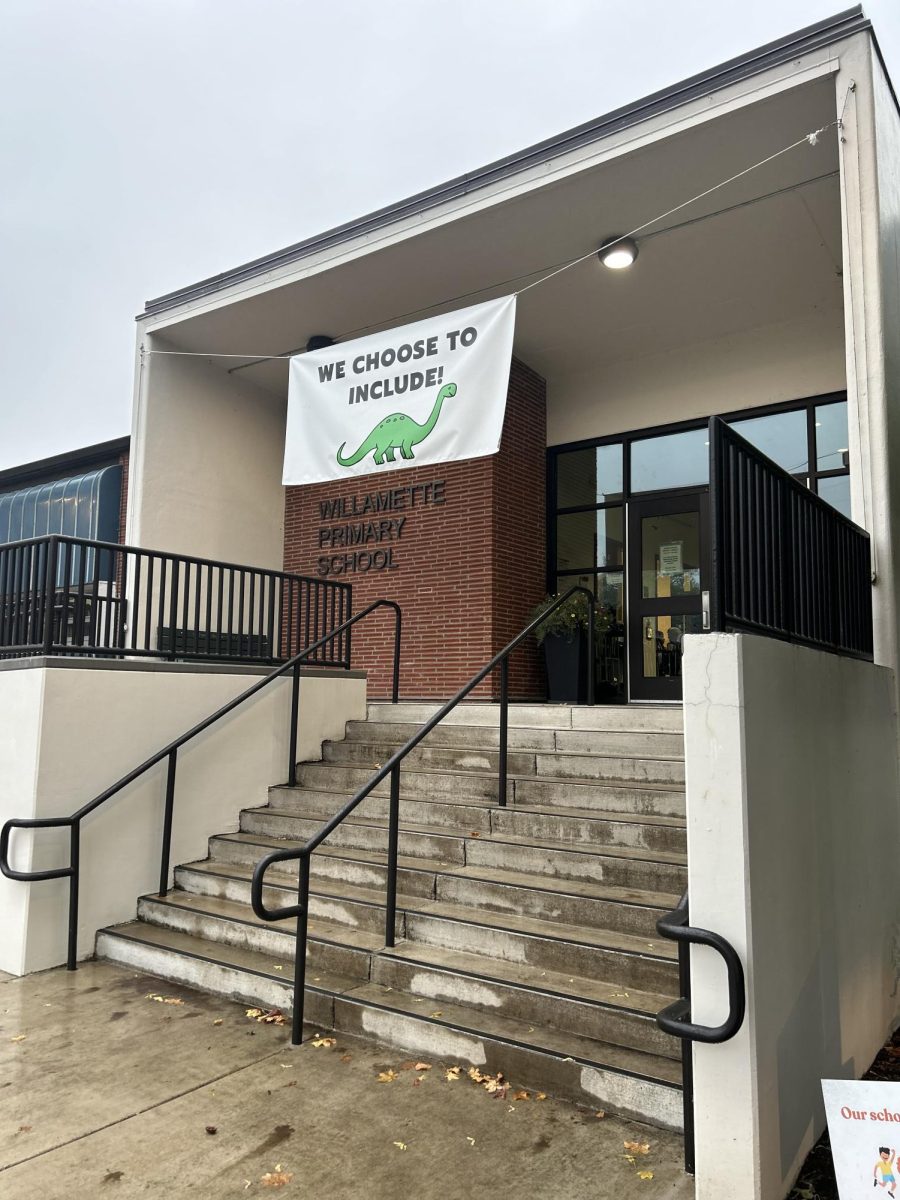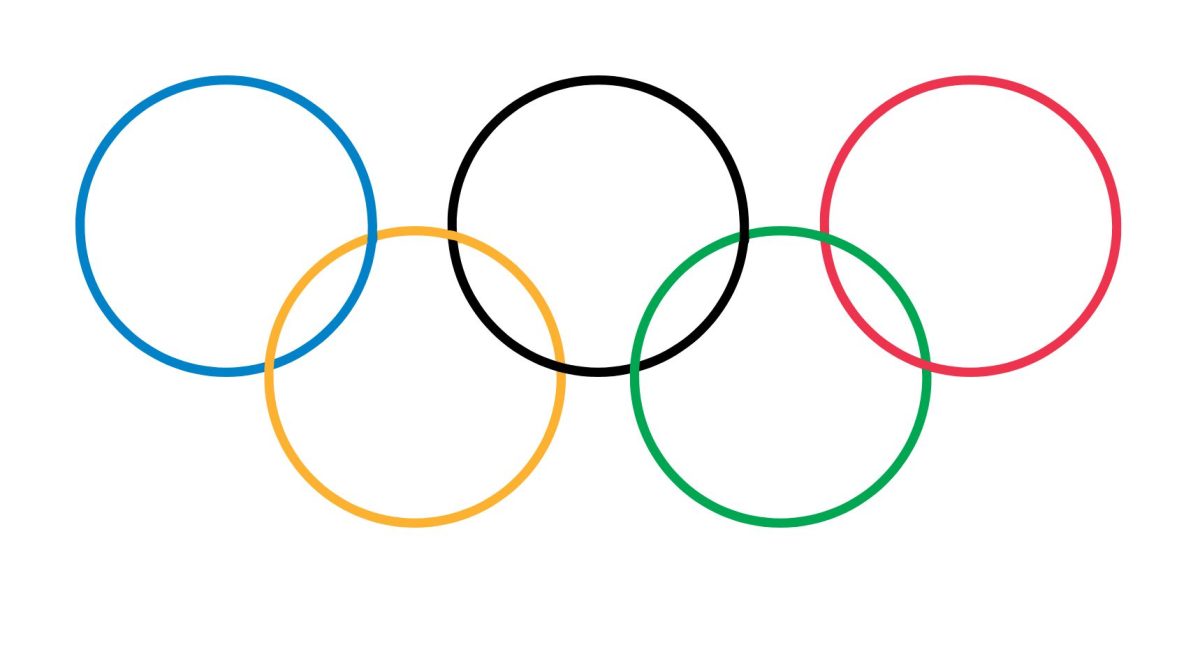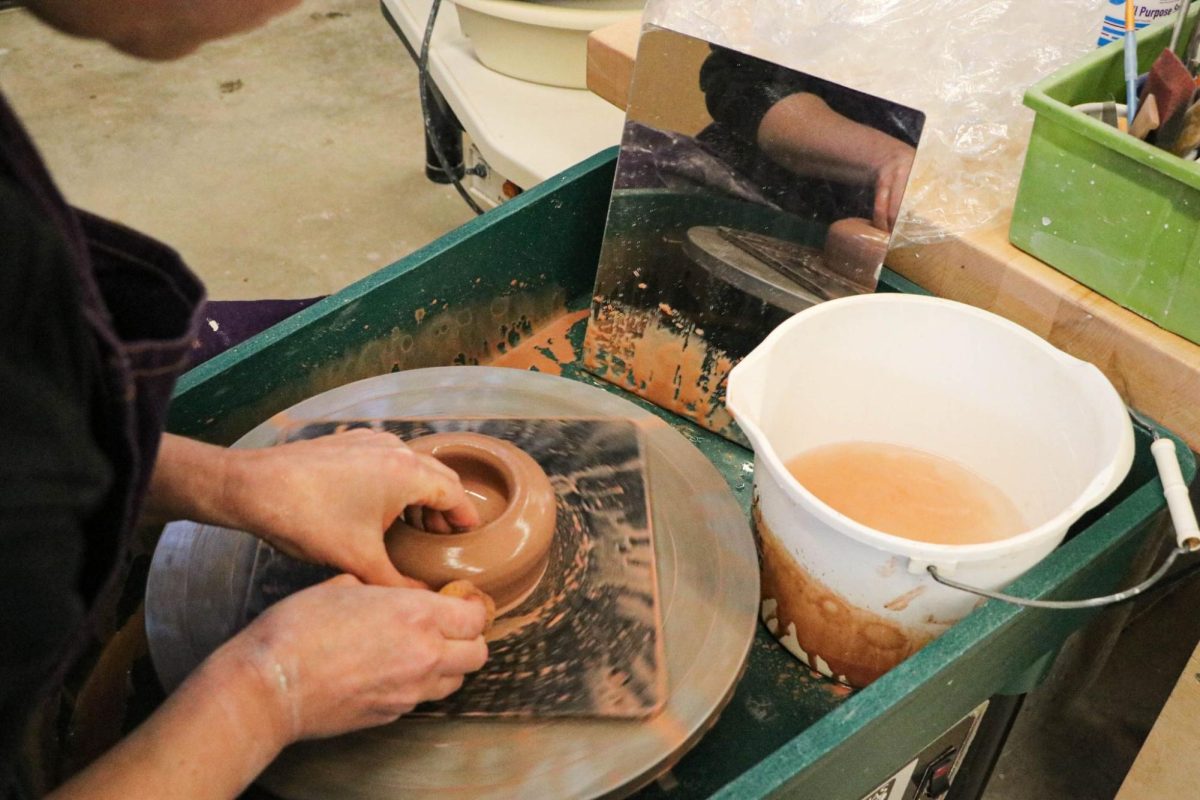Tests are a common occurrence in many high schoolers lives, but as standards are being raised and the pressure to pass is growing, more and more students are beginning to feel stressed. The Preliminary Scholastic Aptitude Test (PSAT), Scholastic Aptitude Test (SAT), and the American College Test (ACT) are just some of the many tests students must take during their duration of high school. Standardized tests like these are designed to help school boards compare different schools within a district, a state, and even throughout the country. The scores earned on such tests could possibly be the difference between receiving a high school diploma, a scholarship, an acceptance letter or nothing at all. With so much riding on these tests teachers and administrators are beginning to believe that standardized tests are hindering students ability to succeed more than they are helping.
These tests are usually taken during one single day meaning these tests do not always reflect your true academic knowledge. The scores do not take into account external factors that may be affecting your test taking ability or the fact that some people are just poor test takers. Many people may know the information that is given, and know it well, but when it comes to the exam day they are not able to translate that knowledge to the test. Or, something outside your control may affect your test taking ability such as a cold, a fight with friends or family, or even something as extreme as the death of a loved one. From the simple to the most extreme issue, anything could, whether it be under your control or not, chip away at your focus.
Another downside of standardized tests is they do not just affect students but teachers as well. In most cases the students’ scores not only reflect the student’s ability to learn, but also the teacher’s ability to teach. This concept leads many teachers to “teach to the tests,” an educational practice primarily focused on preparing students for tests. This can sometimes lead teachers to neglect to teach students knowledge that goes beyond the exam. Due to emphasis on “test knowledge”, the classroom atmosphere can become boring and uninspired, which affects students’ abilities to learn as well.
Possibly the most obvious factor that high stakes tests have on students is stress. In many states if students do not pass certain tests and criteria they are denied a diploma regardless of their overall GPA. This idea can cause a profound amount of stress in some students leading them to pull all nighters, consume a plethora of coffee products, energy drinks, sugar, or anything else to keep themselves awake. These strategies are not only bad for the human mind, but the human body as well, especially on teenagers.
“The potential harms, caused mostly by too much caffeine or similar ingredients, include heart palpitations, seizures, strokes and even sudden death,” reported Lindsay Tanner for NBCNews.com.
With the rising controversy surrounding this topic, alternatives to standardized tests are developing. For example, there are portfolio-based assessments in which teachers collect pieces of student work throughout the year into order to gauge the growth of the students. This alternative is already in effect, most commonly used in various art classes such as art or photography. This type of assessment fixes the problem that testing for only one day tends to cause, as well as showing the overall growth of each student.
Another alternative to standardized tests are performance exams. These are exams that test student ability to apply knowledge to specific subjects rather than memorizing facts and filling in bubbles. Tests such as these are used in performance-based classes such as drama and theater courses. These test can revive creativity and differentiate between the students who truly understand the information and those who just memorize.
I believe that the standardized tests administered today do not truly reflect the true knowledge and understanding that many students may have. And, when so much may ride on these test scores, and with the rising questions about whether standardized tests are the best way to assess students knowledge, I believe that it is time we start looking for improved alternatives.






























































![At the bottom of the third inning, the Lions are still scoreless. Rowe stands at home plate, preparing to bat, while Vandenbrink stands off to the side as the next batter up. Despite having the bases loaded, the team was unable to score any runs. “It’s just the beginning of the season. We’re just going to be playing out best by June, [and] that’s where champions are,” Rowe said.](https://wlhsnow.com/wp-content/uploads/2024/03/IMG_3077-1200x900.jpg)







































![All smiles. The group poses for a photo with last year’s book, “This is Our House,” along with their award for third Best in Show. Meikle, who was an Editor-in-Chief for the yearbook last year as well, holds both and stands at the center of the group. “That was an amazing feeling, going and grabbing the third place award,” Meikle said. “All of it paid off. I cried so much over that book, being able to receive [the award] was one of the highlights of my high school career, it was like the coolest thing ever.”](https://wlhsnow.com/wp-content/uploads/2024/11/8bookpose_philly-1200x800.jpg)













